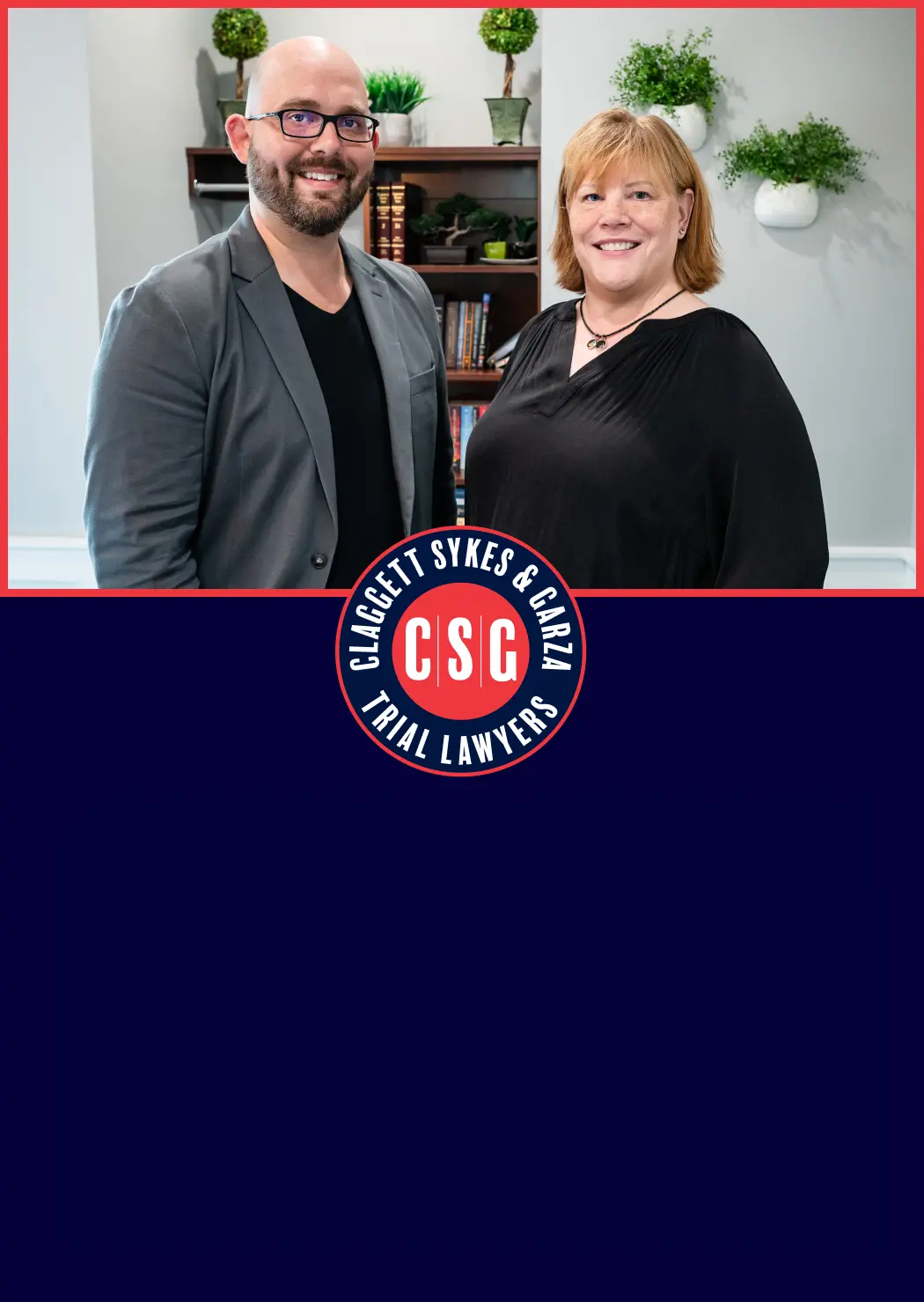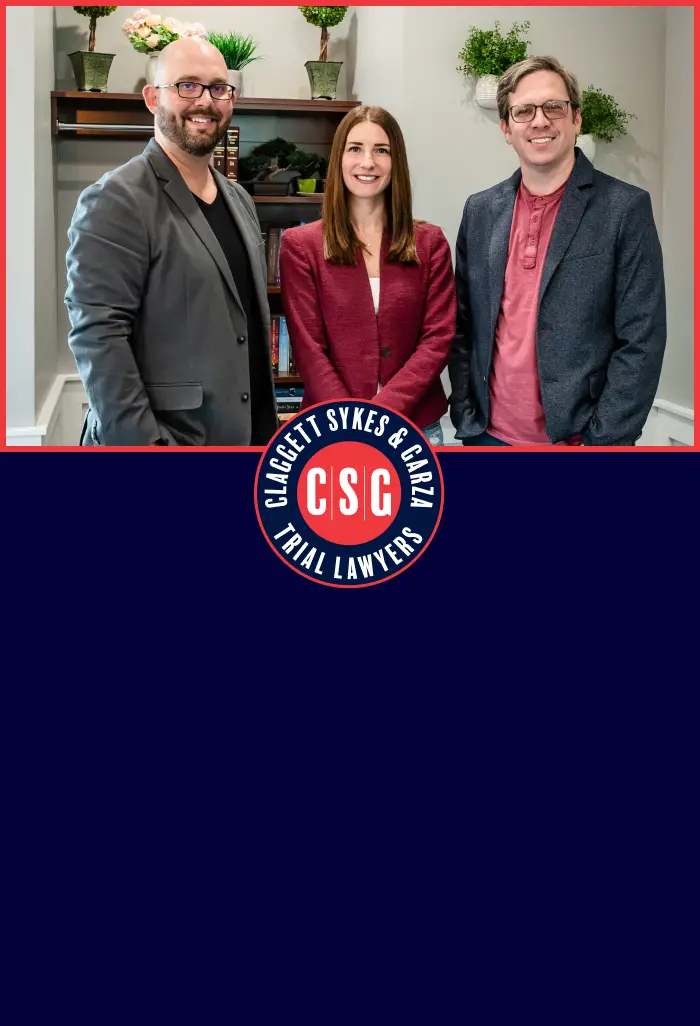Paralysis is the loss of ability to move and feel in a part of the body. A person can become paraplegic, which is the loss of mobility in the legs, or quadriplegic, which is the loss of mobility in all limbs. Other types of paralysis include monoplegia, which affects only an arm or leg, and hemiplegia, which affects one arm and leg on the same side of the body.
Construction and workplace accidents, particularly things such as warehouses, forklifts, falls, often lead to catastrophic injury cases. They also could involve car accidents in which people are hit so hard that it causes spinal cord injury and paralysis. Additionally, if somebody is unsafe or violates safety rules, it can cause severe injury. If an existing condition is not treated properly or promptly, that could be considered medical malpractice.
An illness is not something for which compensation can be sought. The only time when an ill person can sue another is when negligence comes into play, such as somebody did or failed to do something that caused paralysis. In this situation, then, there may be a claim under the law.
After seeking treatment, the first thing a person should do is find a trusted paralysis attorney and consult with them to get help understanding Glastonbury paralysis injury cases.
What to Do After a Paralysis Accident
One of the most beneficial actions a claimant can do to help a personal injury attorney handling their case is to communicate what they are going through. They should ask questions and get answers to those questions. Additionally, a claimant should keep their lawyer informed as to what is going on and develop a relationship with their attorney.
A lawyer begins preparing a paralysis case in Glastonbury by listening to the injured party, trying to understand what they are going through, and answering their questions. There is a great deal of value in having that kind of communication.
How Can the Injured Person Help Their Claim?
A paralyzed individual can help themselves after an accident by following through with treatment, being honest about what they are going through, and reaching out for help. This person may need several different providers, such as physical rehabilitation and occupational specialists, and perhaps therapists, to help them through the emotional changes and depression that may occur.
An individual also may need to make some changes to their daily life. For instance, they may have to rely on caregivers and family members and make modifications to their home and other property. This could mean adding a lift or purchasing a wheelchair accessible car.

Injured in an Accident?
Get the Compensation You Deserve. Our Experienced Lawyers Can Help.
Evidence in Paralysis Injury Cases
Evidence in a Glastonbury paralysis case also may include pictures, videos, medical records, statements, and sworn statements by witnesses. The evidence required to show that paralysis is incurable would be an opinion of the treating doctor, whether it is a spinal surgeon or a psychiatrist.
An experienced attorney begins collecting and presenting evidence by speaking with the claimant and hiring an investigator to try to figure out what evidence there is or is needed. Then, an attorney also may need to obtain all of the claimant’s medical records and talk to their treating doctors. Physical evidence on the claimant’s body could be relevant proof to determine where they were struck or what happened in the incident.
Evidence verifies what happened. Therefore, it is crucial to collect and present information to a judge and jury that helps establish liability. If the evidence does not point to someone being at fault, and the claimant’s injuries are truly an accident, there is no case.
How is Liability Established in Paralysis Injury Claims?
Understanding who is liable in a Glastonbury paralysis case occurs through an investigation and by obtaining witness statements, pictures, and medical records. Ultimately, lawyers make assessments of the case, and a judge or a jury determines liability.
If someone is more than 51 percent at fault for an accident, they cannot recover. Then, if a claimant is partially at fault, their damages may be reduced by their percentage of liability. For example, if someone were 20% at fault, they would receive 80 percent of their damages. If a person becomes paralyzed because they chose not to treat an injury following an accident, that could be a contributing factor and being found contributorily negligent.
If the incident was a workplace injury, the case may involve workers’ compensation, and there would be no need to prove negligence. All that is needed is to prove that somebody suffered injuries in the course and scope of their employment.

Suffered a Personal Injury?
Let Us Fight for Your Rights and Maximize Your Compensation.
Call for Help With What to Do in a Paralysis Injury Case in Glastonbury
The role of a catastrophic injury attorney in a paralysis case is to get as much compensation as the law allows. Additionally, it is an attorney’s job to counsel and try to assist the claimant in any way possible.
A person seeking advice from a lawyer should look for competence and compassion. This means finding somebody who knows what they are doing and who can empathize with what the claimant is going through.
If a person has paralysis, they may have had to face life-changing problems and need somebody to protect them. An attorney with experience protecting paralyzed individuals could help someone by conducting a proper investigation and presenting a claim against the right defendants. If you need help understanding Glastonbury paralysis injury cases, call today.

